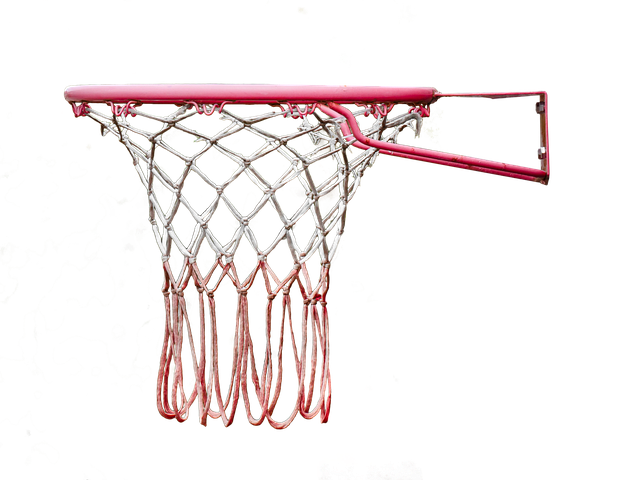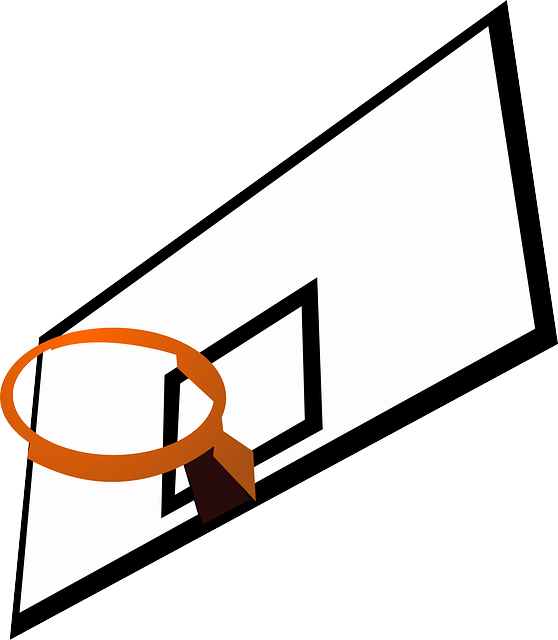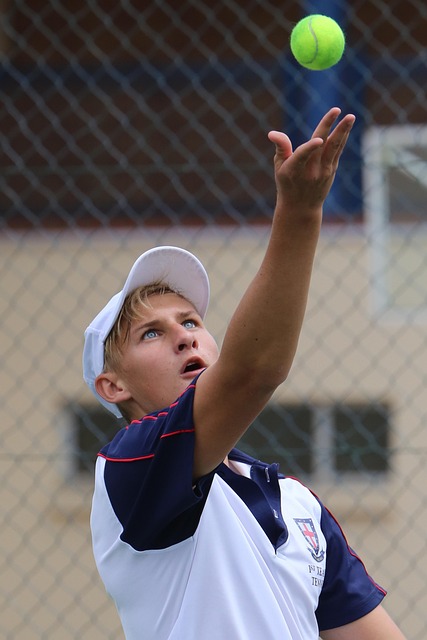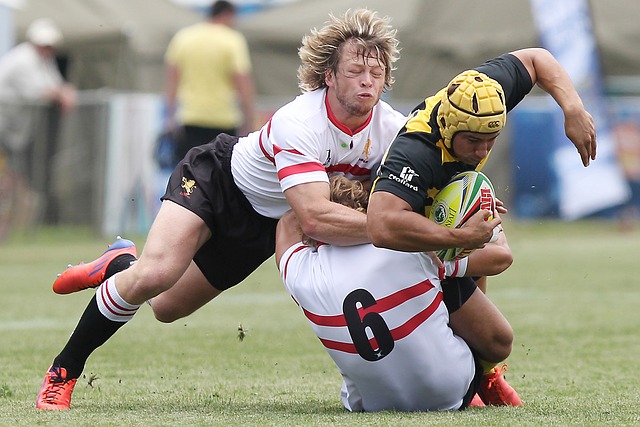Oregon basketball players' success relies on a multi-faceted approach. Coaches assess individual skill sets, leveraging strengths like shooting and ball handling while improving weaknesses through targeted training. This strategy, combined with dynamic offensive tactics emphasizing team play, enhances players' court capabilities, fostering confidence and contributing to top conference performances.
In the competitive landscape of college basketball, the Oregon Ducks men’s team continues to strive for excellence. This article explores strategic coaching techniques tailored to enhance the performance of Oregon basketball players. By meticulously evaluating individual strengths and weaknesses, coaches can craft personalized development plans. Through comprehensive skill training, players gain a competitive edge. Furthermore, mastering team tactics and strategic play enables the Ducks to consistently deliver optimal performances on the court, solidifying their position as a force in the Pac-12 Conference.
- Evaluating Oregon Basketball Players' Strengths and Weaknesses
- Developing Individual Skills: A Comprehensive Approach
- Team Tactics and Strategy for Optimal Performance
Evaluating Oregon Basketball Players' Strengths and Weaknesses

Evaluating Oregon basketball players involves a multifaceted approach, delving beyond raw statistics to uncover individual strengths and weaknesses. Coaches must assess each player’s unique skill set, such as shooting accuracy, ball handling prowess, or defensive agility. By identifying these strengths, coaches can strategically design plays that leverage these advantages during games.
At the same time, recognizing weaknesses is equally vital. Oregon basketball players may struggle with areas like rebounding, free throw conversion rates, or transition defense. Addressing these shortcomings through targeted practice routines and personalized training plans can significantly enhance team performance. Coaches play a crucial role in guiding players to improve their weaker skills, ultimately transforming individual vulnerabilities into strengths on the court.
Developing Individual Skills: A Comprehensive Approach

Developing Individual Skills is a cornerstone of successful coaching for the Oregon men’s basketball team. This comprehensive approach involves breaking down each player’s game into fundamental components, such as ball handling, shooting technique, and footwork. Coaches utilize one-on-one training sessions to identify areas for improvement and provide tailored instruction. By focusing on individual skill development, Oregon basketball players gain a stronger foundation, which translates directly to better team performance.
Moreover, this method encourages players to embrace personal growth and take ownership of their playing ability. Regular feedback and periodic assessments help athletes track progress, fostering a culture of continuous learning and improvement. As a result, Oregon basketball players emerge as more well-rounded, confident performers, ready to contribute significantly to the team’s success on both offense and defense.
Team Tactics and Strategy for Optimal Performance

Oregon men’s basketball has traditionally been known for its dynamic and innovative offensive strategies, designed to maximize the potential of each player. Coaches focus on developing a team-first mentality, encouraging players to move seamlessly without the ball and create open shooting opportunities. This unselfish play is crucial in executing their high-octane offense, where quick passing and constant motion lead to favorable shots.
To enhance performance, coaches implement specific tactics tailored to Oregon basketball players’ strengths. These might include setting up flexible pick-and-roll combinations, utilizing off-ball screens to create open lanes, or employing multiple screening options to confuse defensive assignments. By mastering these team tactics, the Ducks can consistently generate high-quality scoring chances, making them a formidable force on the court and a top competitor in the Pac-12 conference.






